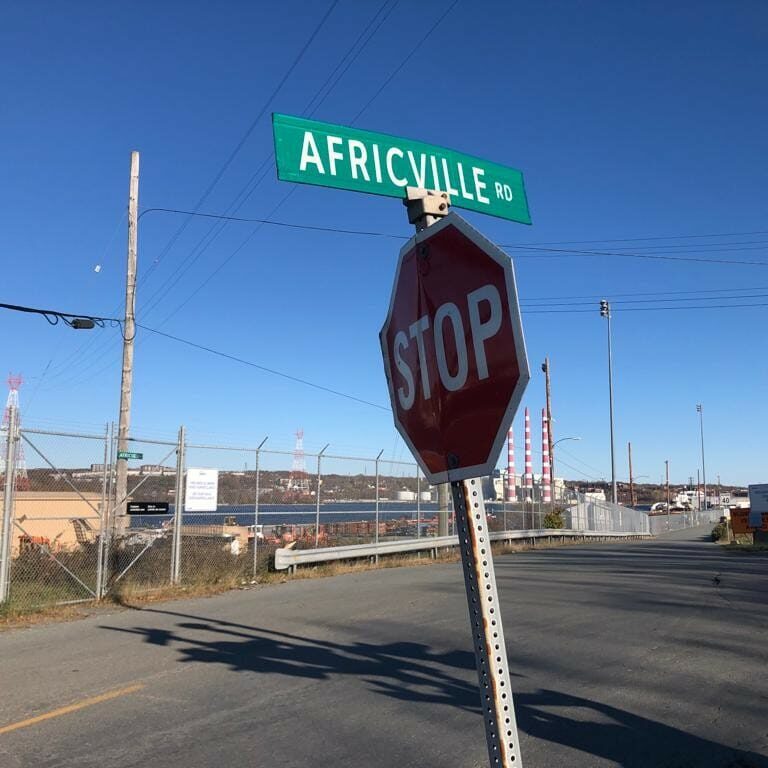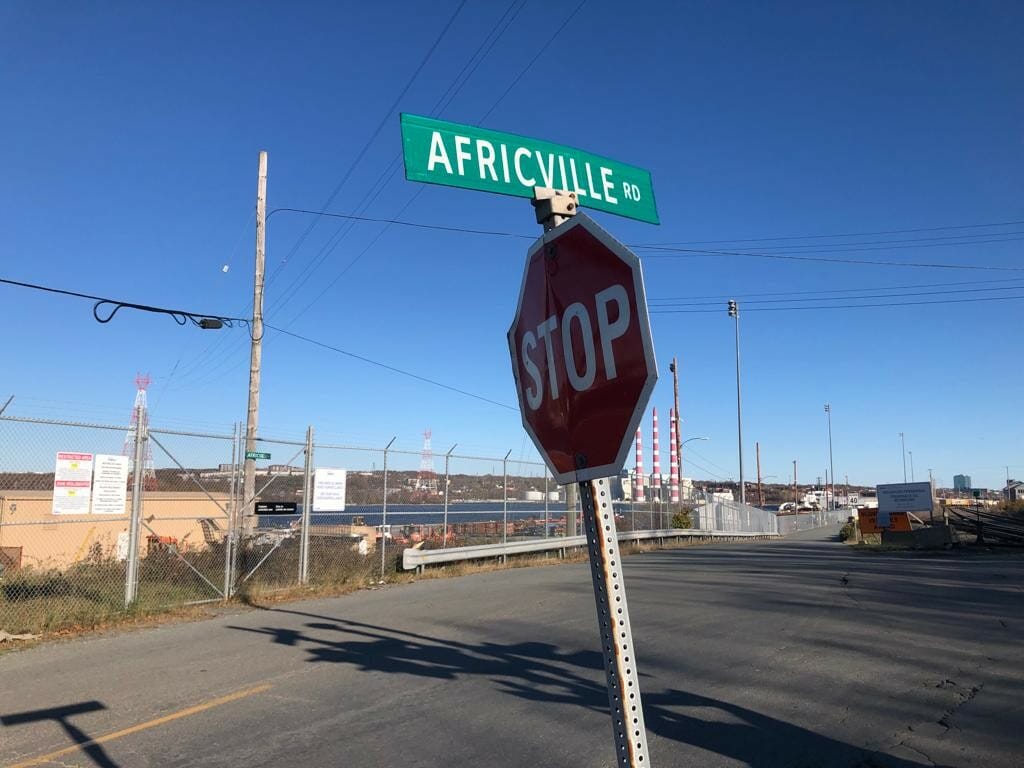
“It wasn’t a relocation, it was a dispersal”
Impact of Africville’s destruction still felt by descendants attending Dalhousie
Across some train tracks, under the MacKay Bridge, and through a dog park stands a red-roofed church on the shore of the Bedford Basin. This replica of the Seaview African Baptist Church is a museum telling the story of a historic Black community known as Africville.
The peaceful land around the museum portrays little of the lively and later violent events that transpired here. African Nova Scotian families in Africville lead fulfilling lives, despite the poorer living conditions contributed by Halifax’s neglect of the community. Africville was more than 100 years old at the time of its destruction in the late 1960s.
Portia Wright is a third-year psychology student at Dalhousie University and a descendant of a resident of Africville. “This really could have been a thriving community if people had been given what they asked for,” she said.
History of neglect from the city
Following the American Revolution in the late 18th century, Black settlers made their way to Nova Scotia, but often had no choice but to settle away from white-settled areas. In 1848, Black settlers bought land in the Africville area. The following year, the original Seaview African United Baptist Church was established. This church became “Africville’s spiritual and social centre,” according to research from the Canadian Museum for Human Rights. The population peaked in the early 1920s at around 400 people.
Residents of Africville paid taxes, but the city refused to provide basic services such as clean water, sewage, streetlights or a fire station. Requests for the city to provide these services went unanswered. The first school did not open until 1883, only after families living there advocated for one.
In addition, the area was exposed to health and safety risks from the infectious disease hospital and garbage dump constructed in Africville.

In 1957, Gordon Stephenson’s redevelopment study of Halifax set the tone for the city’s urban renewal in the 1960s. The report recommended a tactic of “slum clearance” and that Africville was to be cleared for “industrial and harbour development.”
“The land wasn’t seen as valuable when there were Black occupants,” said Wright.
The destruction of Africville unfolded over several years. The relocation of residents began in 1964. Bulldozers and garbage trucks destroyed homes and moved people’s belongings. The church was demolished by city crews in the fall of 1967. The last house came down in 1969.
“It wasn’t a relocation, it was a dispersal,” said Wright.
Africville’s legacy
Africville’s destruction is still felt today. Many displaced African Nova Scotians were forcibly relocated to the north end of Halifax, including today’s Uniacke Square and Mulgrave Park. In recent years, gentrification has put increasing pressure on north-end Haligonians’ livelihoods, as new, majority white-owned condos and businesses open in the area.
Carolyn Conrad is a Spanish major at Dalhousie University who graduated from Cole Harbour District High School in 1989. She went to school with children of Africville residents who experienced racial violence at Cole Harbour High. Conrad said that even then, people still were unaware of the history and devastation of Africville, saying “it was the past.”
Although the story of Africville’s destruction is dismal, many efforts have been made to maintain and restore a sense of community. According to their webpage, the Africville Genealogy Society was founded to debunk “the myths of a seaside slum, and show the heart and happiness of Africville as one of Nova Scotia’s oldest minority communities.”
The Africville Heritage Trust also holds an annual church and tree lighting ceremony at the museum. The event echoes how important the original building was in the not-too-distant past. The Africville Heritage Trust also runs a scholarships award program, which provides funding to high school students pursuing post-secondary education and are descendants of Africville residents.






